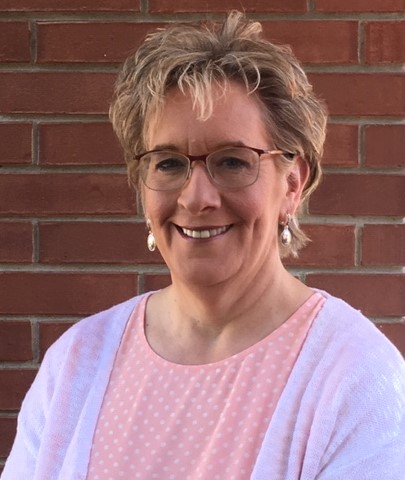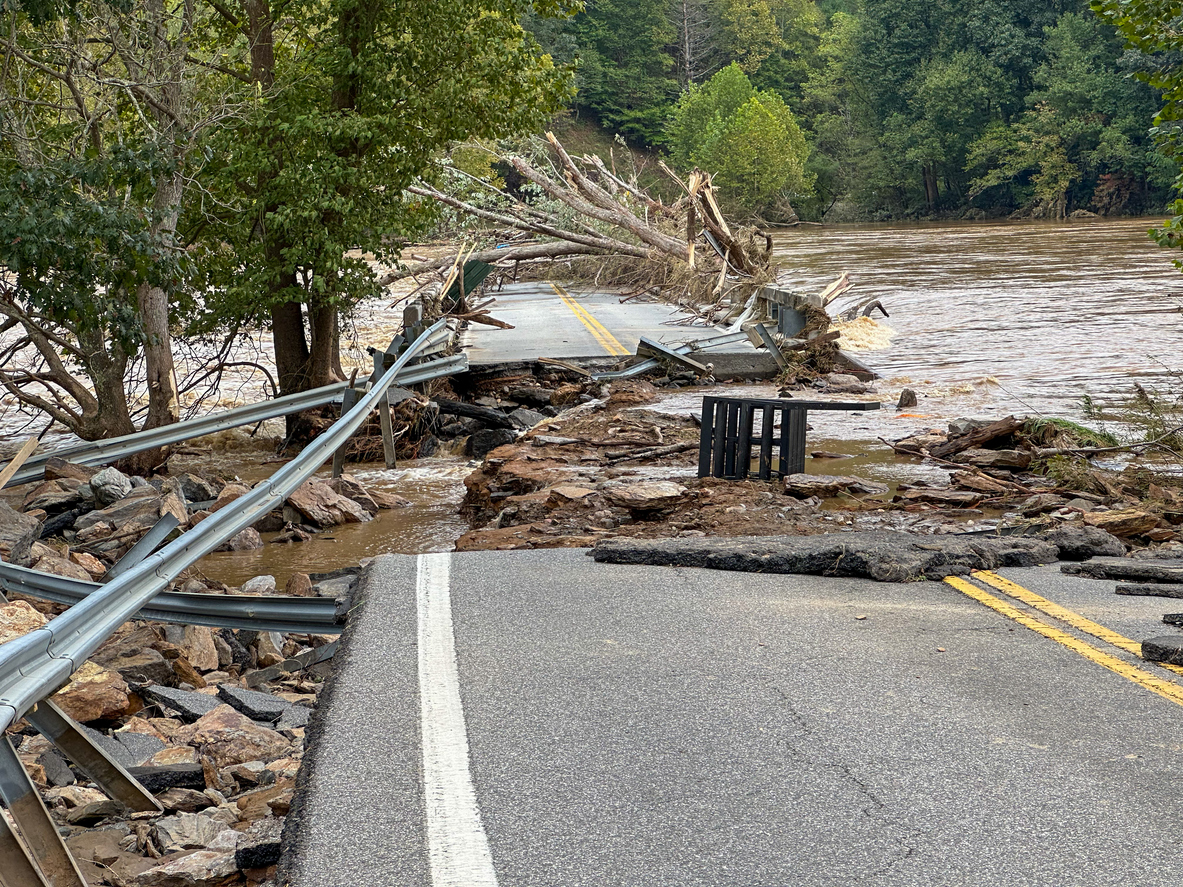When planning a trip, potential travelers often seek the advice of those who have previously journeyed to a particular destination. They look for recommendations on a wide array of things including what to pack, places to visit (or to avoid) and tips to reduce the hassles and inconveniences that often accompany travel to an unfamiliar place.
If your organization is a public entity, chances are you will face a catastrophic event that will require you to venture down the road to FEMA Public Assistance. Consideration of the following information will help you better prepare for the journey ahead.
Funds for the Journey
Once a federal disaster declaration has been made, eligible entities may look to available funding assistance from FEMA.
Be aware that the FEMA Public Assistance (PA) Grant is a cost-share program, with the federal cost share portion at no less than 75%. The state agency receiving the PA Grant will determine the cost share (25% or less) required of its applicants (sub-recipients). Therefore, applicants should plan for a portion of disaster-related expenses to be supported by existing budgets.
Additionally, FEMA PA Grants are reimbursement grants. The submission of invoices and proof of payment made for eligible disaster-related expenses is required. Applicants are advised to make plans for up-front funding of these expenditures until FEMA reimbursement has been approved and processed.
Checkpoints Along the Journey
The new FEMA PA Program delivery model requires that an eligible project and its associated documentation go through many review ‘checkpoints’ before funding is approved and obligated. Applicants should be aware that a single step in the process can take several months, if not longer, to complete. State agency recipients will conduct a separate review once FEMA has obligated funds and before releasing payment to sub-recipients.
A couple of critical checkpoints for which the applicant should prepare are:
Damage Descriptions and Dimensions (DDD) – Because the FEMA site inspectors can only write up damages that they see or that the applicant draws to their attention, the costing of the scope of work by the Consolidated Resource Center (CRC) can be insufficient to cover the total repairs to the damaged site. Applicants are advised to remain very involved in the scope of work development or seek assistance from expert cost estimators to review the FEMA generated DDD before signing off on an agreement.
Insurance Review - The interplay of insurance proceeds and FEMA assistance is critical to understand. Applicants should be prepared to discuss with FEMA the strategy they would like to employ in the application of insurance proceeds to eligible projects in order to optimize their reimbursement.
Travel Guides
The inclusion of experienced internal and external ‘travel guides’ can ease the burden of the FEMA PA claim journey. For example, FEMA PA Grants require compliance with all federal procurement guidelines. Procurement compliance is highly scrutinized and is one of the top reasons for funding deobligation, so risk managers are advised to involve their procurement colleagues in the early stages of disaster recovery planning and execution. External professionals and consultants can also assist organizations in technical aspects of disaster recovery, and many of their service fees are eligible and reimbursable as Direct Administrative Costs (DAC) under PA Program guidelines.
Catastrophe is not a desired destination, but thoughtful preparation and planning will assist your organization through the journey of disaster recovery and back home to regular business activity.
*The views and opinions expressed in the Public Risk Management Association (PRIMA) blogs are those of each respective author. The views and opinions do not necessarily reflect the official policy or position of PRIMA.*

By: Shelley Vineyard
Managing Consultant, Disaster Recovery Services, LLC
Summary of Qualifications
Shelley is a managing consultant with Disaster Recovery Services, LLC. She focuses on public entity risk management and procurement strategies in the facilitation of complex disaster recovery projects.
Responsibilities
Shelley serves as a subject matter expert in the areas of public procurement and governmental business operations. Her responsibilities include working closely with project managers and public entity clients to prepare comprehensive action plans for recovery efforts, especially where state and federal public assistance is involved. Additionally, Shelley works closely with vendors, cooperative purchasing groups, and client purchasing departments to provide procurement guidance, training and assistance, helping develop comprehensive procurement strategies to support financial recovery.
Business Experience
Shelley holds over 30 years of business operations experience. She spent 13 years in public education leading various business functions, specializing in the areas of public procurement, contract management, risk management, and policy development. She has also served as a subject matter expert to trustees and executive leadership. Shelley has experience in the management of the formal bid process, procurement and placement of property and casualty insurance for large scale exposures, as well as process mapping and re-design. Shelley led teams through recovery during Hurricanes Ike (2008) and Harvey (2017) and is currently assisting clients through recovery from Hurricanes Florence and Michael (2018).
Professional Affiliations
National Cooperative Purchasing Procurement Partners (NCPP)
National Institute of Government Procurement (NIGP)
Public Risk Management Association (PRIMA)
Texas Association of School Business Officials (TASBO)
University Risk Management & Insurance Association (URMIA)
Education
Bachelors of Business Administration, Baylor University
Masters of Business Administration, Dallas Baptist University
Certifications:
Registered Texas School Business Administrator (RTSBA)
Certificate in Process Management - University of Texas, Austin, TX
Certificate in Non-Profit Leadership - Rice University, Houston, TX



